By Allison Yates, Epicure & Culture Contributor
At 65 million, the number of displaced peoples around the globe has reached a record high, according to the United Nations. While many wish to help displaced people – refugees, asylum seekers and the internally displaced – often they aren’t sure how.
Komeeda, a New York City-based organization, hosts “Displaced Kitchens” events, giving locals the opportunity to meet new people, try culinary delights from around the world and help recently-arrived refugees find economic stability.
The History Of Komeeda
Komeeda started in 2015 as a way for New Yorkers to connect over a meal, much in the way founder Jabber Nasser Al-Bihani did while traveling in Barcelona, the trip that inspired Komeeda.
Al-Bihani arrived in the city alone and stayed in hostel. He traveled solo for the first time, One morning he heard a question from another guest from Argentina: “Comida?” (“Food?”) Soon, others from Australia, Holland, Spain, Libya and France decided to join them and they spent all afternoon eating, laughing and sharing.
It was at that moment that Al-Bihani realized the power of sharing a meal. “I took away more than just a feast, but also a sense of connectedness to humans I knew nothing of. Humans who shared similar and extremely varied upbringings, but centered over the dinner table, it reminded me of home, when my mom would cook for me and my five siblings and friends.”
By the way; if you’re curious, the name “Komeeda” is meant to reflect “comida,” the Spanish word for “food.” “Komeeda” is the spelling that Al-Bihani could construct that was still an open domain name on the internet.
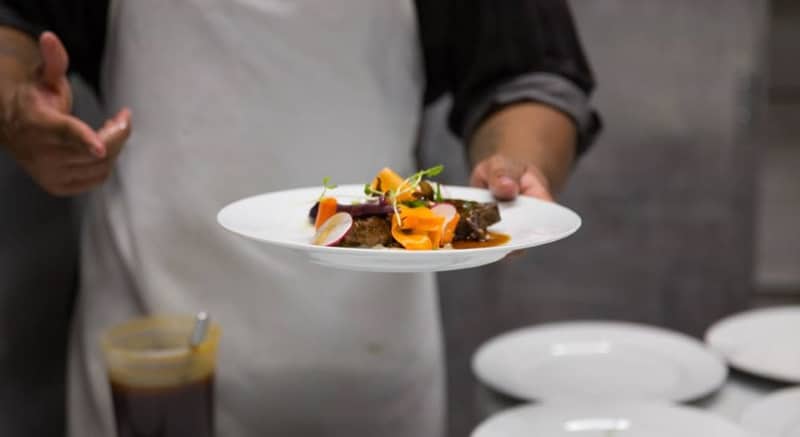
A Delicious Way To Help Refugees
While the Displaced Kitchens series has many of the same elements – a warm gathering of strangers eating six courses crafted by a passionate chef – as other dinners such as Broken English and A Veteran’s Supper, it also evokes a strong humanizing and political message at its core.
“It was a reaction to the constant attacks on the community,” says Al-Bihani.
Unlike the other series, Komeeda retains zero profits from Displaced Kitchens events, providing an income for refugee chefs who often struggle to find employment and resources.
The dinners begin as any other would, explains Al-Bihani. Guests arrive and are greeted by the chef, usually a gregarious, friendly type. They try the food and chat. Then, the mood shifts as the chef opens up about their situation. The previously cheerful chef becomes serious, and shares the attacks against their humanity and why they’re struggling in the United States.
Meet The Chefs
One chef, a Syrian refugee named Lutfi, escaped Syria after being persecuted for being gay. He fled to Dubai and Bahrain, where he was later deported for engaging in sexual activity, just as the Syrian Civil War erupted. Later, he found a way out of Syria and into Egypt, and eventually the United States.
Hearing this story was “very impactful,” says Al-Bihani, “considering half the attendees were in tears.” Lufti was able to rise above this situation and find stability in the U.S. He is now working for Zara.
Many of the refugee chefs are people with dreams and ambitions that are held back by the harsh reality of affording the basic necessities in one of the world’s most expensive cities. Komeeda’s network of guests and connections has also helped produce small change in the chefs’ lives that make a big difference.
A Ukrainian chef was hired by the restaurant Komeeda worked with for one of their dinners. Then, one of the Zimbabwe chefs had tried unsuccessfully to find a job and thus didn’t know how she could live. Two of the dinner attendees set up a crowdfunding campaign and raised over $3,000 for her rent.
Another chef, a woman refugee from Syria, was also struggling to afford New York City housing and risked homelessness. After preparing a meal and sharing her story, Vulture Fund lawyers were so moved they offered to pay three months of her rent.
What’s the most surprising part of the dinners for guests? For the chefs to “be so resilient when you get here it puts it in perspective for us Americans,” says Al-Bihani, who previously worked as an engineer before running Komeeda full time. We rarely realize the simple, everyday life privileges we have in the United States, and beyond a delicious meal the series hopes to expose this. Naturally, the dinners inspire action.
“It’s giving people an outlet to directly give back and assist,” explains Al-Bihani.
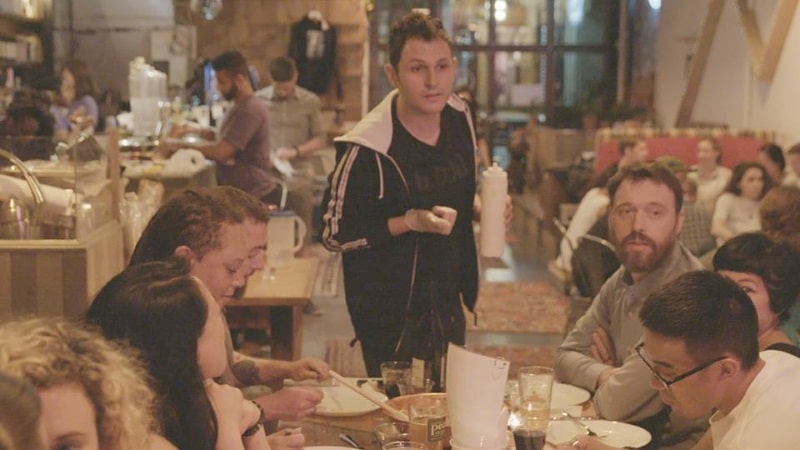
Partners Al-Bihani and Nasser Jaber have organized over 60 dinners for over 1,200 guests this year. Displaced Kitchens chefs – who aren’t necessarily culinary trained – have come from Ukraine, Syria, Zimbabwe, Venezuela and Iraq. They’ve whipped up mouthwatering dishes and shared their most vulnerable stories of struggle and triumph. Friendships were forged, lives impacted and perspectives changed — sometimes for both the attendees and the chefs.
Most strikingly, many of the chefs “undervalued their story,” explains Al-Bihani. “They, like many of us don’t believe our personal stories are interesting. But they are, and when those stories are shared with such culinary creativity & innovation, it elevates the tasting experience.”
Over the last year, the United States has seen human rights threatened or taken away at the hands of leadership, but Komeeda hopes this dinner series shows you can put people before politics once you know one another. A dinner series was the perfect way to do this because as Al-Bihani learned in Barcelona, there’s no better way to break down barriers and relate to one another than through food.
“That’s what I wanted to create, a food-centric kommunity that was eager to explore culture, locally yet connected globally,” says Al-Bihani.
Looking towards 2018, with the help of volunteers, Komeeda hopes to expand the Displaced Kitchens series to cities across the United States, especially San Francisco, Jersey City and Syracuse.
Al-Bihani encourages anyone around the United States with a passion and desire to help to get in touch, no experience necessary. Komeeda will need volunteers at all levels of the event organization, including community builders and “marketing gurus,” says Al-Bihani.
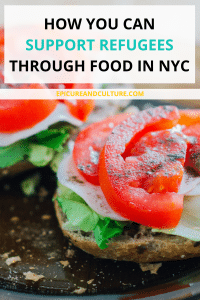
Allison Yates
Latest posts by Allison Yates (see all)
- How to Make Your City Trip As Sustainable As An Ecolodge - Jun 12, 2018
- How You Can Support Refugees Through Food In NYC - Jan 3, 2018
- How One Cafe Offers A Genuine Slice Of Colombia In Melbourne - Aug 7, 2017

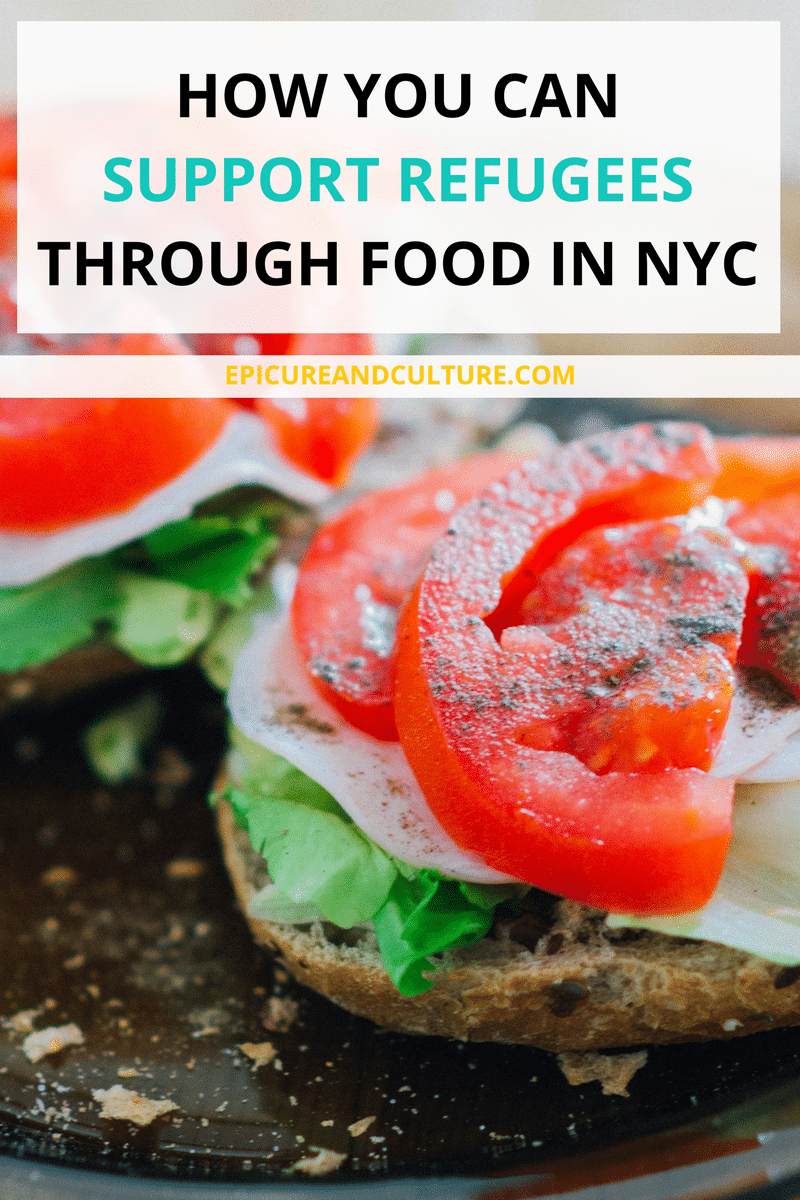
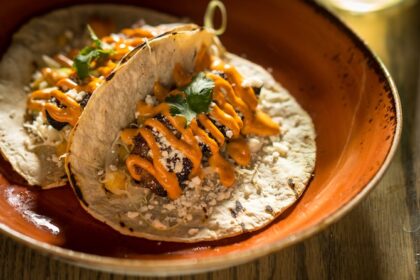

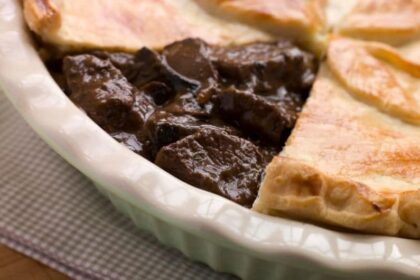
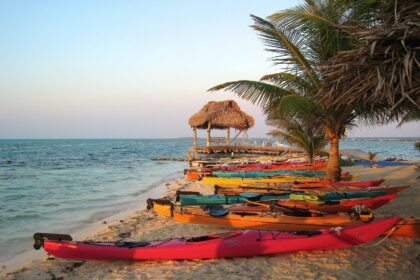
That was a great post! Will check the place out when we are there!